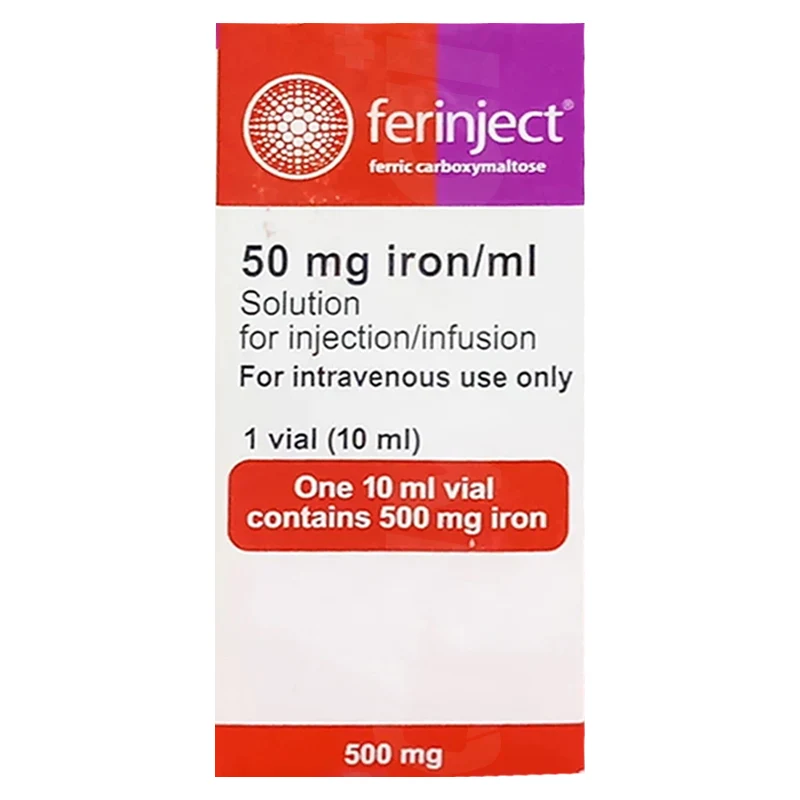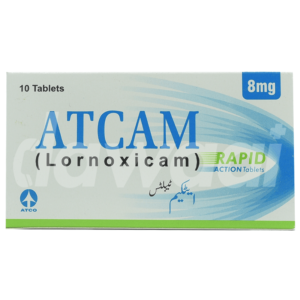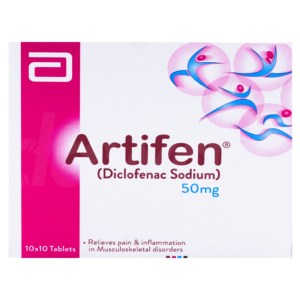Introduction
How To Use
- As instructed by your doctor, Ferric carboxymaltose is administered by intravenous injection, usually by a medical professional.
- Ferric carboxymaltose is normally given in two doses, separated by at least seven days. It is normally administered slowly over a period of several minutes.
- Ferric carboxymaltose injection may also be mixed with a saline solution and infused into a vein over a period of 15 minutes.
- The dosage is determined by your medical history, weight, and your treatment response. To evaluate your reaction, your doctor may prescribe laboratory testing.
Expert Advice
- Before receiving Ferric carboxymaltose, inform your doctor about all of your current medicines and your medical problems.
- Keep this and all other medications out of the reach of children.
- Avoid sharing your medicines with others, and only use this drug for the indication indicated.
- Ferric carboxymaltose should not be frozen or refrigerated. Once a vial of Ferric carboxymaltose has been unsealed, it should be administered as soon as possible.
Primary Uses
Indications
Ferric carboxymaltose injection is used for treating iron-deficiency anemia (a lower than usual red blood cell count due to a lack of iron) in individuals who cannot tolerate or cannot be treated satisfactorily with iron supplements that are taken orally.
Side Effects
- Vision hazard
- Headache
- Dizziness
- Sweating
- Slow or fast heartbeat
- Unusual exhaustion and weakness
- Face, neck, chest and arm redness
- Vomiting and nausea
- Itching
- Altered taste
- Injection site pain
Warnings
 Pregnancy
Pregnancy
Ferric carboxymaltose should be administered only when absolutely necessary during pregnancy. Before taking Ferric carboxymaltose, pregnant women should consult their doctors about the benefits and risks of this medicine
 Lactation
Lactation
Ferric carboxymaltose is excreted in breast milk. However, lactating females should consult their doctors regarding the benefits and risks of Ferric carboxymaltose before receiving it.
 Driving
Driving
Ferric carboxymaltose may cause dizziness. Do not drive or perform any activity that requires attentiveness unless you are confident that you can do so safely.
 Liver
Liver
People having liver diseases should consult their doctors before using Ferric carboxymaltose.
 Kidney
Kidney
People having kidney diseases should consult their doctors before using Ferric carboxymaltose.
 Alcohol
Alcohol
It is unknown how Ferric carboxymaltose interacts with alcohol. It is best to consult a doctor before consuming alcohol.
 Precautions
Precautions
Blood testing may be required to check for any adverse effects. Use of Ferric carboxymaltose is not advised in patients with anemia not induced by iron deficiency or iron overload. If you suffer from hypertension (high blood pressure), take Ferric carboxymaltose with utmost caution since it may raise your blood pressure even more. Based on the clinical state, your doctor may alter the dose of Ferric carboxymaltose as needed. Because of the higher risk of serious adverse effects, take Ferric carboxymaltose with great caution if you have liver problems. While using this medicine, your doctor may recommend testing to regularly check your liver function. Systemic lupus erythematosus is a disease in which the immune system destroys your body’s tissues. It has an impact on the skin, blood, kidneys, brain and joints among other things. If you have this disease, use Ferric carboxymaltose with caution owing to the higher risk of severe adverse effects. Asthma is a respiratory disorder characterized by airway constriction and excessive mucus discharge. Because of the higher risk of severe adverse effects, Ferric carboxymaltose should be used with caution if you are asthmatic. Rheumatoid arthritis is a disease in which the immune system assaults the tissue in your joints, causing pain and swelling. Because of the higher risk of major side effects, Ferric carboxymaltose should be used with caution if you suffer from joint disorders. Ferric carboxymaltose can produce severe allergic reactions (vomiting, nausea, breathing difficulties, etc.), shock, unconsciousness, fainting, and hypotension, among other things. During and after treatment with Ferric carboxymaltose, your doctor may watch you for symptoms and signs of hypersensitivity for around 30 minutes.
Contraindications
Avoid taking Ferric carboxymaltose if you are allergic to it.
FAQS
What is the mechanism of action of Ferric carboxymaltose?
Ferric carboxymaltose acts by replenishing iron levels in the body. Iron is required for the development of red blood cells as well as the production of hemoglobin, a protein that allows red blood cells to carry oxygen.
How should Ferric carboxymaltose injection be administered?
Ferric carboxymaltose injection is a solution (liquid) that a doctor or nurse will inject (into a vein in hospital or a clinic. It is normally administered in two doses, at least seven days apart.
Will I gain weight if I take Ferric carboxymaltose?
No, Ferric carboxymaltose will not cause you to gain weight. However, weight of some people may alter as their anemia, which this medicine is used to treat, improves.
Would I need to use iron supplements when taking Ferric carboxymaltose?
No, you do not need to use iron supplements when taking Ferric carboxymaltose. Ferric carboxymaltos, in fact, is intended for people whose anemia has not improved with iron supplements or who have experienced negative effects from iron supplements.
Is there a special diet I must follow when taking Ferric carboxymaltose?
No, unless your doctor advises you otherwise, you do not need to follow any particular diet plan while taking Ferric carboxymaltose.
Disclaimer
Dawaai’s intention is to make sure that it’s consumers get information that is accurate, reviewed by an expert and error-free. However, the information mentioned here should not be used as a replacement for the advice of a qualified physician. The information given here is for informational purposes only, which may not cover all possible precautions, side effects, contraindications or drug interactions. Consult your doctor and discuss your queries related to any medicine or disease.






Reviews
There are no reviews yet.